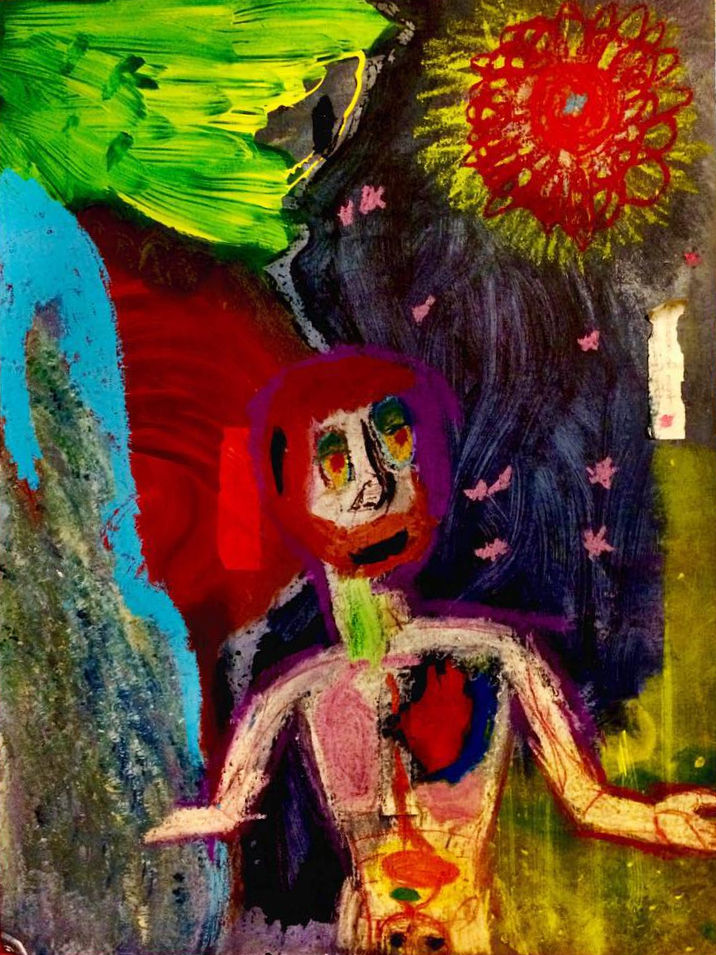Why even think about being a bro?
- Luke Sims
- Mar 13, 2025
- 2 min read
There was a time in my life when I deeply explored masculinity. As a student at a liberal arts college, I absorbed a lot of prevailing social theory—ideas that essentially boiled down to the belief that everyone is born blank, that gender and ethnicity shape how we perceive the world, and that society itself is just a construct. If that were true, then by dismantling my worldview, I could reshape my nature into whatever I wanted.
I believed that. And so, being a deeply sensitive person, I tore into myself in a hard way. After years of doing this, all I had really done was take self-defeating behaviors I had been exposed to as a child and amplify them.
With my personal experiences growing up, combined with what I was encountering in college and beyond, I felt compelled to dig deeper into what it truly meant to be a man. I wanted to understand masculinity—not just as an abstract concept but as something real, biological, and cultural. That journey led me to write a book on the subject, drawing from about 80 references, including scientific journals and ancient art.
It feels strange to talk about because many people get overly obsessed with this topic, and for a time, I did too. But I needed to understand masculinity for myself. Only then could I make sense of the paradigms I existed under and begin healing my own wounds around being a man.
What I’ve come to understand is that masculinity isn’t just a social construct—it has deep biological underpinnings that shape how men see themselves and how society sees them. Some of it is obvious, like the idea of men as protectors. But it also plays out in subtler ways, such as sexual dimorphism influencing behavior and cultural expectations. Boys, for example, tend to excel in certain areas of cognition compared to girls but are also punished at higher rates in school and the judicial system. Men suffer from increased rates of mental and physical health disorders. And historically, men have been treated as the “disposable” gender—leading to a broader range of genetic expression, from the brilliance of Mozart, Beethoven, and Tesla to the darkness of figures like Jeffrey Dahmer.
It’s a difficult subject to discuss because, while women have been able to openly question and redefine societal roles—especially since the 1800s—men, in many ways, have never had that same opportunity. Masculinity has been so deeply ingrained, both culturally and biologically, that most men don’t even recognize the broader forces at play.

I don’t know what the future holds for how masculinity will be understood, but for me, this exploration has helped me figure out how to navigate both the biological and social aspects of being a man in a way that feels true to who I am.



Comments